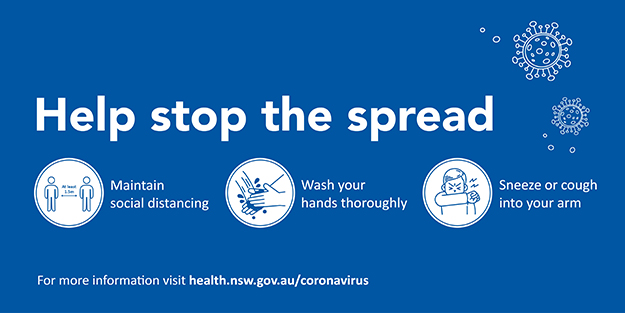The coronavirus can be fought off much better at home. About 80% of persons who are corona positive, particularly those who are in the 40–45 age range and do not have co-morbidities, have very minor symptoms. They experience worry and anxiety when they are transported to hospitals. However, they believe that Covid-19 is just another illness, similar to the seasonal flu, when they are at home, according to a doctor who wished to remain anonymous.
A health team made up of ASHA (Accredited Social Health Activist) workers evaluates the facility before approving home isolation for a patient under the supervision of a public health institution in-charge. A 24-hour caretaker is necessary in addition to the patient’s own room, bathroom, and kitchen supplies. To prevent the caregiver from becoming infected with the coronavirus, the patient and caregiver must both wear triple-layered medical masks.


